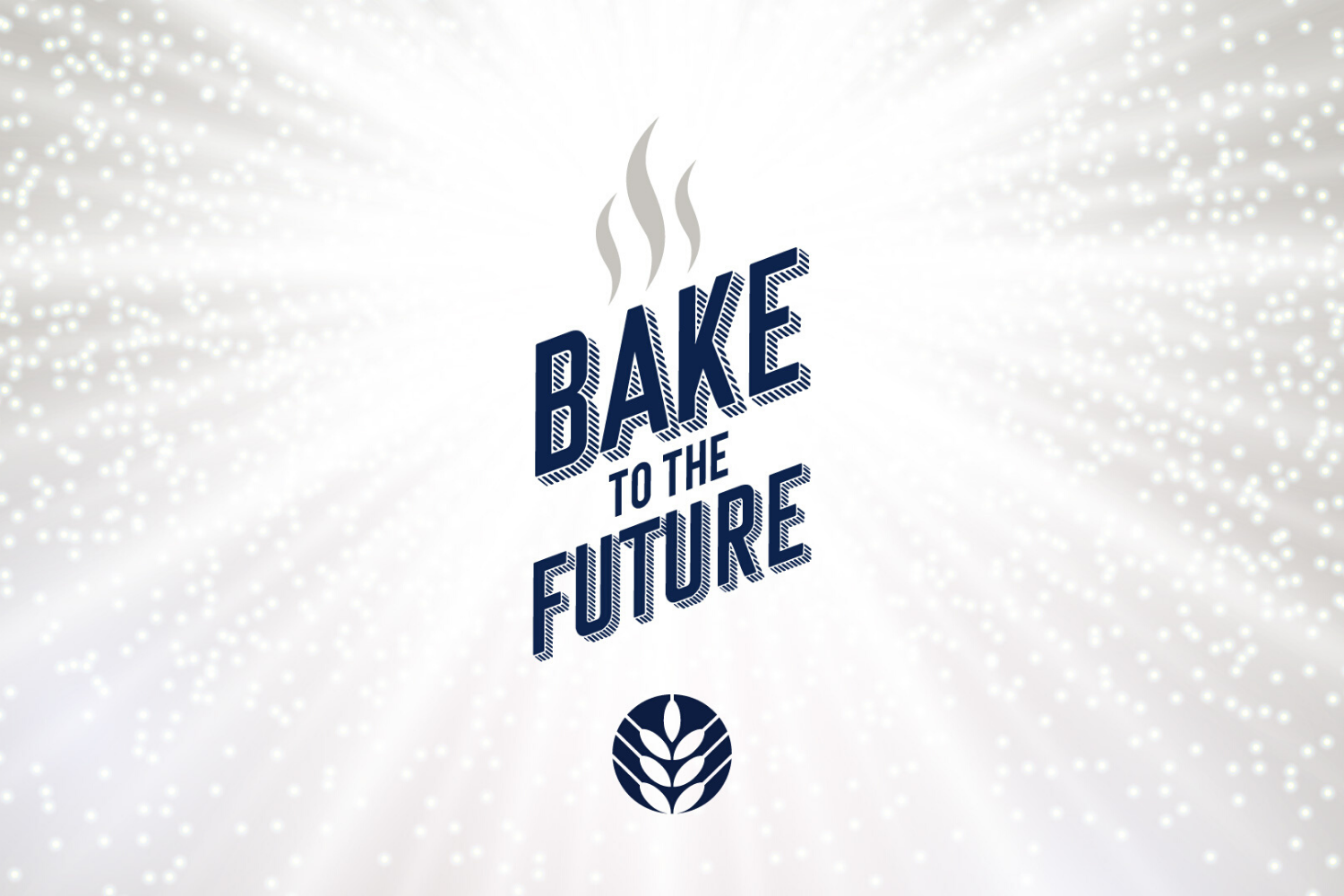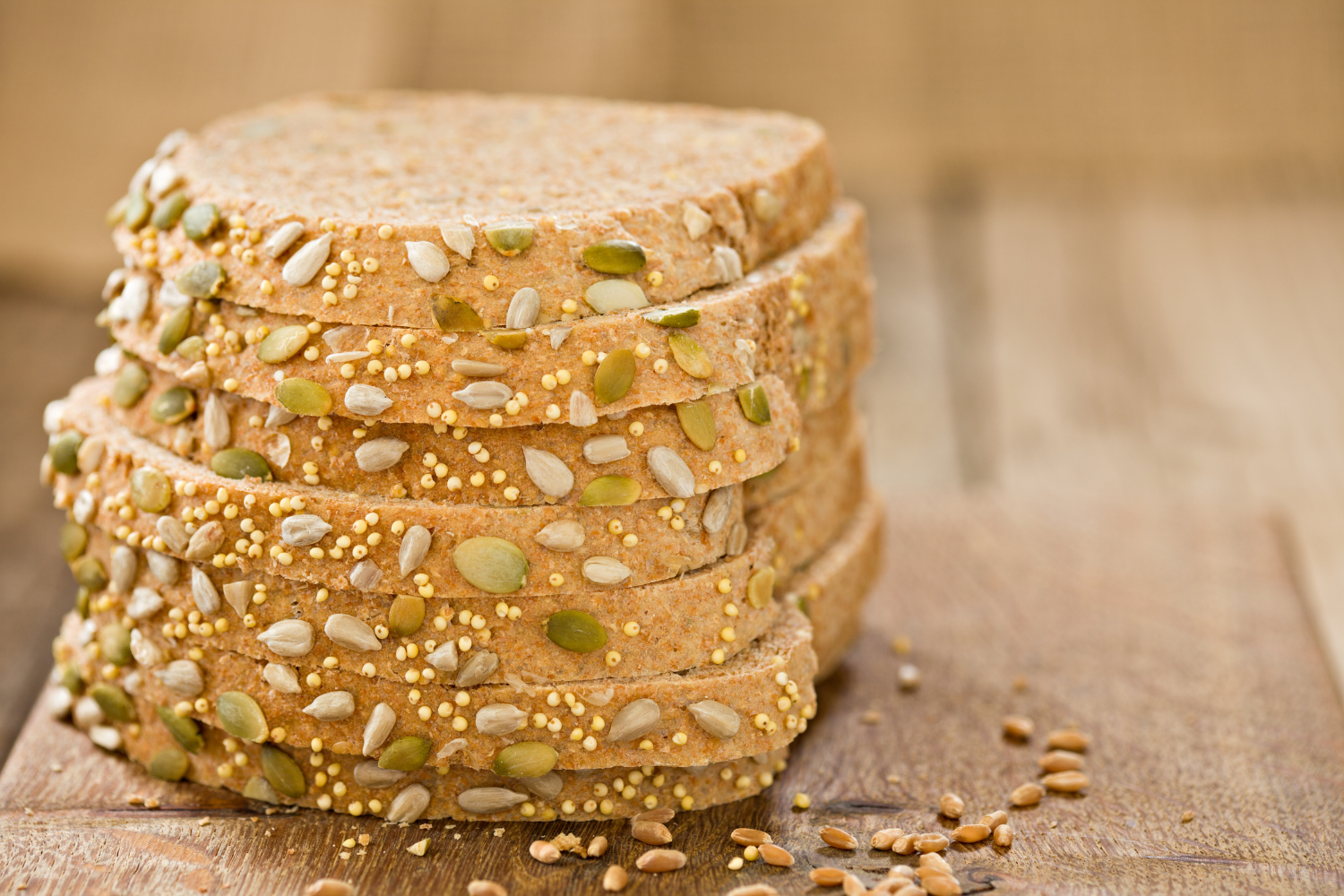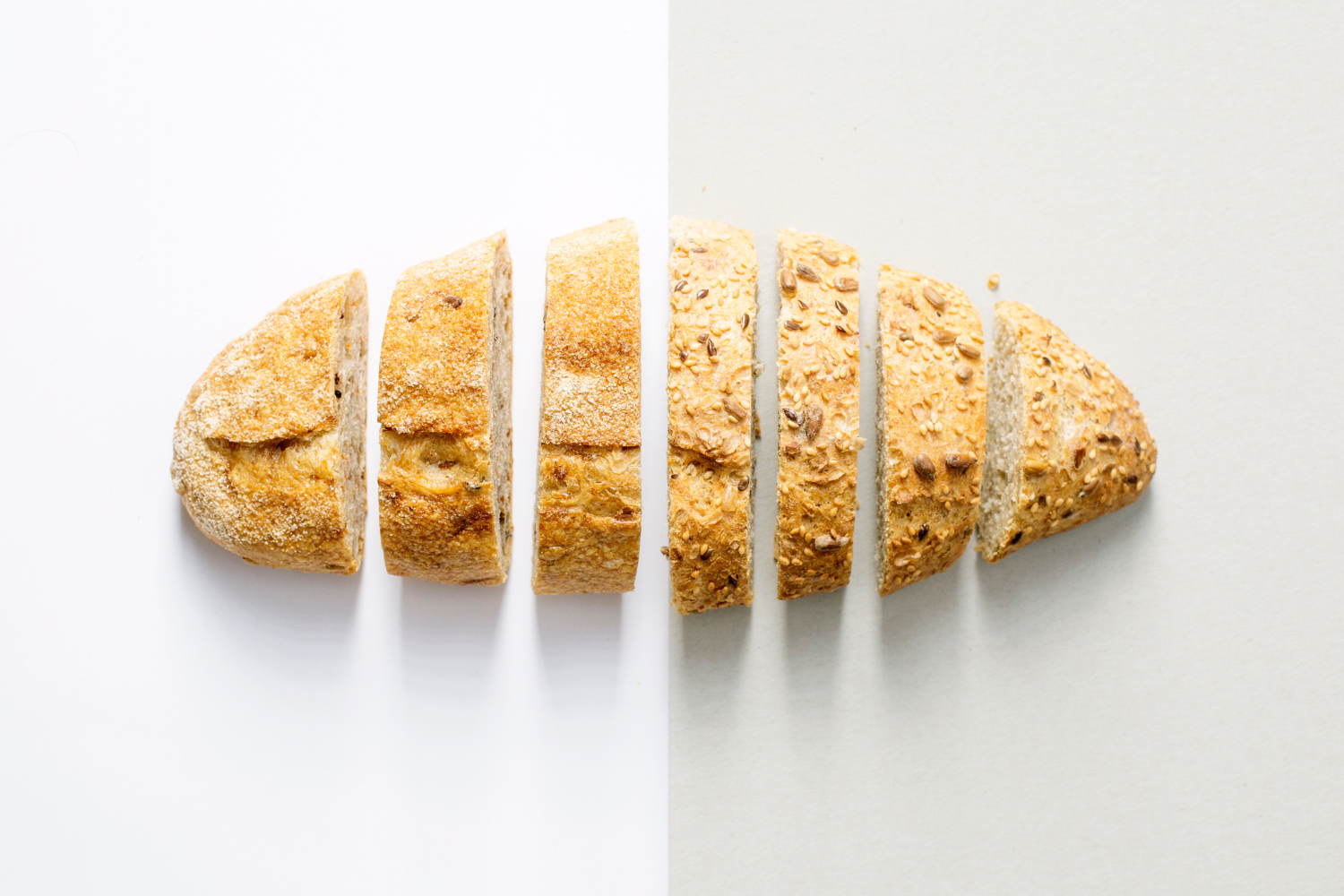It’s been said that knowledge is power, and this point is especially true on the manufacturing side of commercial baking.
Manufacturing is a highly complex endeavor requiring considerable technical and chemistry knowledge and a focus on precision and consistency. Moreover, recent baking industry developments — from new kinds of work schedules to advances in automation and other technologies — have adapted the needed skill sets of manufacturing employees.
Training and education are essential to ensuring these employees have adequate knowledge bases, according to Rich McFeaters, a Technical Advisor to American Bakers Association.
“You need to really master that oven, that piece of equipment, because it's driving your business,” he said in the ABA podcast Bake to the Future. “You have to understand what happens when products change in coming through mixing and forming. You need to understand how switching SKUS during production impacts the running of the bakery. It basically comes down to how you contribute to the bottom line.”
McFeaters was interviewed by Katie Juhl, ABA’s Director of Marketing and Communications, and Hailey Blumenreich, Marketing and Communications Manager.
Manufacturing Requires Getting Details Right
How much does baking success rely on detailed manufacturing knowledge? Let us count the ways. Here are a few examples from McFeaters:
- Flour: There are lots of variables with flour. It can change from crop to crop and miller to miller. This requires constant adjustment in the amount of water going into the dough during mixing.
- Enzymes: Bakeries use enzymes to obtain certain product characteristics, but mixers need to handle enzymes correctly to get desired results. This requires dissolving enzymes in cool water and adding them separately from other ingredients.
- Moisture and Temperature: Controlling the oven process involves mastering variables ranging from temperature to humidity, said McFeaters. “With modern technology, there are devices that will measure in a detailed way the temperature, humidity and even air currents inside that oven box,” he explained. “So that way you're not just treating it as a hot box. You're really trying to understand what's going on.”
TechCon Spotlights “Inside the Oven”
McFeaters — an industry veteran who developed a wide range of baking products during his career — serves on ABA’s Education Committee. He helps create education and training programs for ABA’s Bakers Manufacturing Academy.
He was a panel presenter at ABA’s TechCon Beyond in a session called “Inside the Oven.” His remarks focused on chemical processes taking place in ovens. ABA members can access that session and others free on demand.
Knowledge Transfer is Crucial for Manufacturing
Bakers need to improve strategies for knowledge transfer in manufacturing settings, McFeaters said. This becomes important when a new manufacturing employee is hired, or when new work shift patterns lead to more switching of people in roles. Without knowledge transfer product output can become inconsistent.
Training Supports Manufacturing at all Levels
Training is a key strategy to ensure manufacturing employees at all levels are on top of their roles, McFeaters said. ABA’s Bakers Manufacturing Academy provides targeted training by employee level.
- Beginner training is aimed at reducing onboarding time for new hires, department transfers, and cross- trained employees.
- Specialized training helps establish employees as operational experts in baking facilities, such as for specific cookie and cracker manufacturing needs.
- Advanced training enables professionals to possess the knowledge necessary for supervisory roles in cookie or cracker manufacturing.
Automation and the Future of Workforces
There’s no question that automation will play a bigger role in the future of manufacturing, but human expertise will remain crucial to the process, emphasized McFeaters.
“There are certain things that you can do automatically,” he began. “Packing, stacking, racking and casing can be handled by machines.”
However, he added, skilled employees will remain crucial in the manufacturing process, because product consistency is highly important. In fact, he said modern packaging equipment can’t deal with inconsistencies in handling product.
That means baking employees “really need to start from the end of the oven and work backwards to make sure that everything is consistent, with as few variables in the process as possible.”




